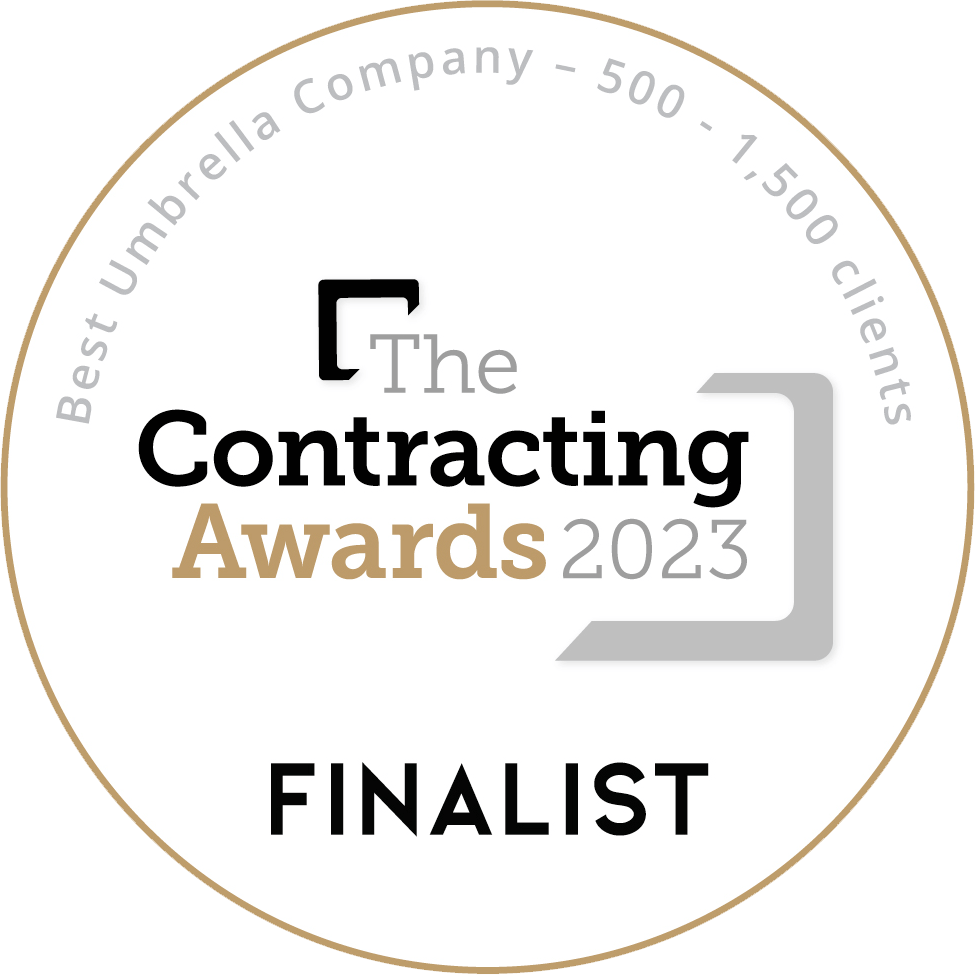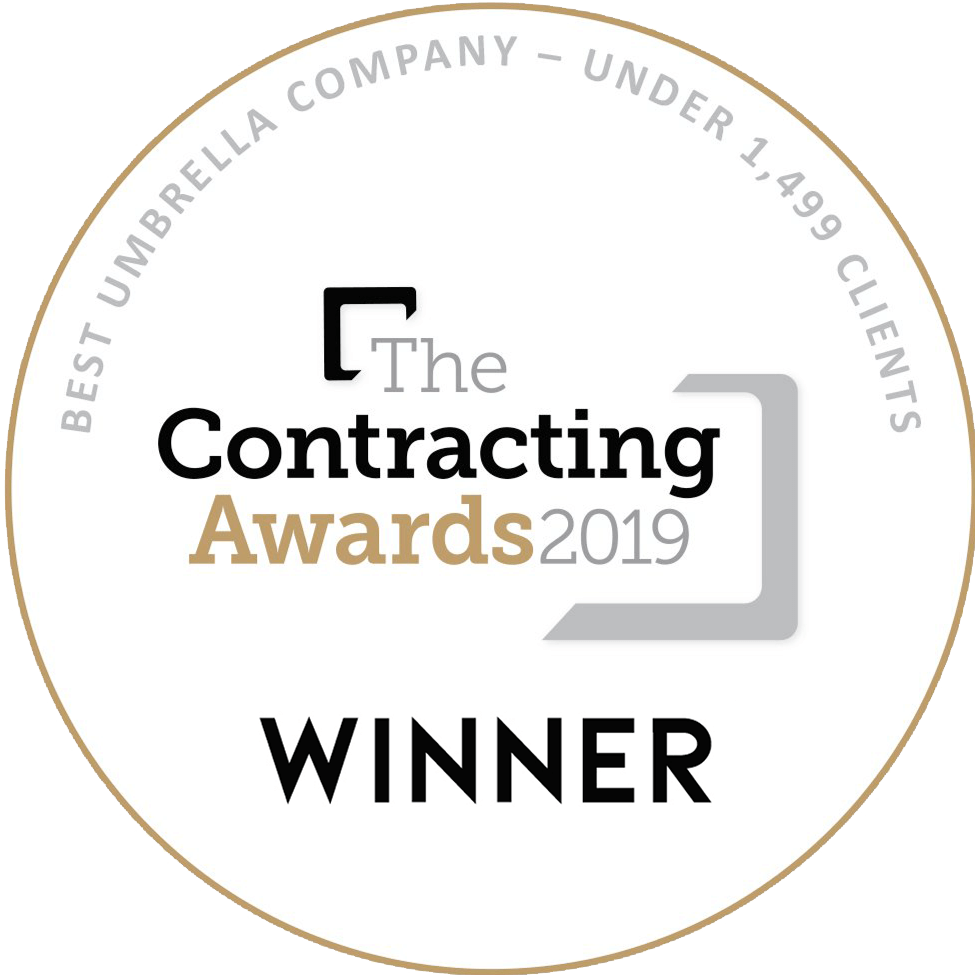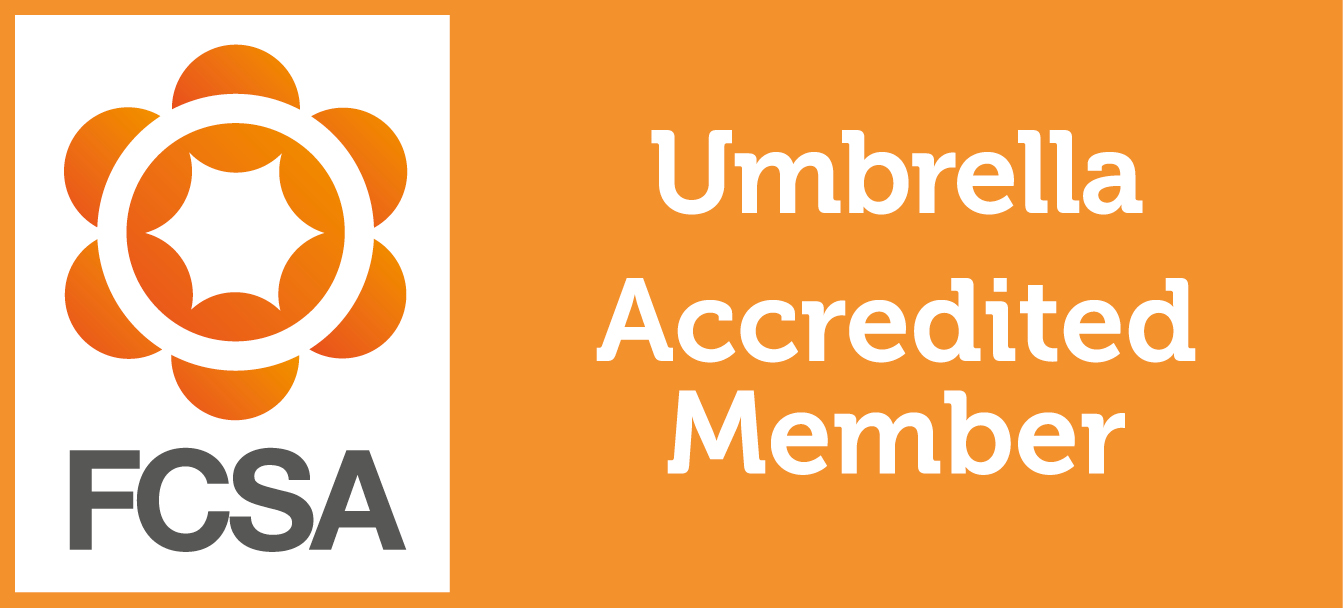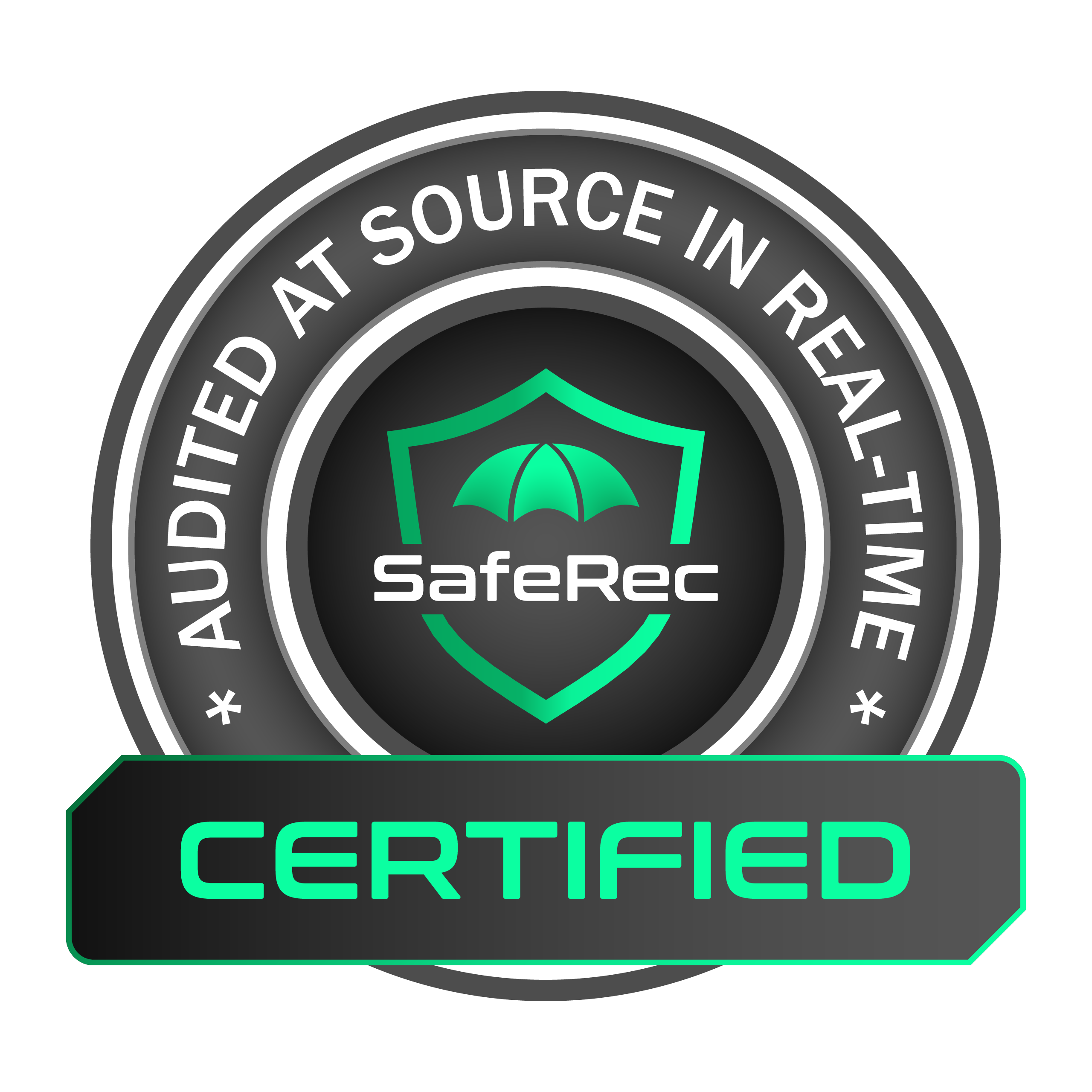Umbrella Company Expenses: A Brief Guide
If you work through an umbrella company, you are using a method which is tax-efficient and time-saving for contractors in all types of industries. By using the umbrella company as a de facto employer while providing services to a number of different clients, you can receive timely and accurate payments through a single company just as you would in traditional what expenses can I claim umbrella company employment, as well as avoiding the financial administration of operating your own limited company.
In addition, working through an umbrella company means that theIR35 rules, designed to prevent off-payroll working (or ‘disguised employment’ through personal service companies) do not apply to you. These have already been rolled out across the public sector and are set to hit the private sector in April 2021, meaning that many people may suddenly find themselves inside IR35.
Benefits of Umbrella Companies:
- All invoicing and chasing of payments is taken care of by a professional organisation
- Standard employee benefits such as statutory sick pay, maternity and paternity pay
- Work is covered by insurance provided including employers’ liability insurance and public liability insurance
- There is no complicated leaving process or minimum period of employment
- All tax and NI contributions deducted at source with no hassle
- Advice and guidance from award-winning experts if you choose Contractor Umbrella
Can you claim expenses through an umbrella company?
Before April 2016, there was another significant benefit to working under an umbrella company, but this has since been scaled back by government legislation. It was possible to claim expenses on a wide variety of day-to-day costs involved in working as an umbrella employee, which would in turn enable you to benefit from tax relief.
However, HMRC legislation has now been in effect for several years to significantly restrict the claiming of these tax benefits. Anybody working in the same manner as a full-time permanent employee is no longer entitled to them, bringing umbrella employees in line with the existing rules around traditional contracted employment.
Alongside IR35, these rules are part of a broader government effort to ensure that if people work in the same way, they pay tax in the same way. You may consider yourself to be completely independent from the client organisations that you provide services too, but in the eyes of the government, if you work like an employee then you are, in effect and for tax purposes, an employee.
What does SDC mean for umbrella company employees?
The method HMRC uses for determining whether someone is working ‘in the manner’ of a permanent employee is called supervision, direction and control (SDC). If you operate underneath a manager, are given directions and instructions as to how to carry out your work or can be moved to a different task or location as determined by someone else (or any combination of the above) then your work falls under the SDC criteria applied to umbrella employees and you cannot claim expenses.
A truly independent contractor, in the view of the government, has complete control over their work and how and when they perform it. This is what clearly delineates one type of worker from the other and highlights where ‘disguised employment’ may have taken place.
What kinds of expenses were previously claimable for umbrella company employees?
Before the 2016 legislation was put in place, everyday expenses, including subsistence costs such as travel and meals, were frequently claimed. Other expenses included accommodation, clothes, training costs, equipment costs and mobile phone charges. However, any umbrella company employees who are deemed to be working in the same way as permanent employees under the SDC criteria can no longer make such claims, and no compliant umbrella company will process them.
What kinds of expenses were previously claimable for umbrella company employees?
Before the 2016 legislation was put in place, everyday expenses, including subsistence costs such as travel and meals, were frequently claimed. Other expenses included accommodation, clothes, training costs, equipment costs and mobile phone charges. However, any umbrella company employees who are deemed to be working in the same way as permanent employees under the SDC criteria can no longer make such claims, and no compliant umbrella company will process them.
What expenses can I claim when working for an umbrella company?
Broadly speaking, only chargeable expenses can be paid to umbrella employees – with the submission of the relevant documentation and the approval of the client company, these are reimbursed on top of weekly or monthly salary. This severely limits the expenses that can be claimed, although it is important to note that if you have spent money on something which is solely for the purposes of your work, such as a uniform or tools, tax relief can still be claimed on these at the end of the financial year.
Are there exceptional circumstances in which umbrella employees can claim tax benefits on expenses?
Again, the rules are now the same for contractors as for permanent employees – so the same limitations apply. A permanent employer would be unlikely to offer expenses for lunches or regular commutes, but they may cover the costs of travel for mobile workers or one-off visits to other sites for work purposes.
However, your recruitment agency rather than your umbrella agency must process any and all expenses in accordance with the updated rules.
Speak to us today
To find out more about the process of claiming expenses when working for an umbrella company, or if you are interested in understanding the wide range of benefits that working for an umbrella company brings, one of our dedicated team would be happy to discuss your questions. Call us today on 01206 591 000.






